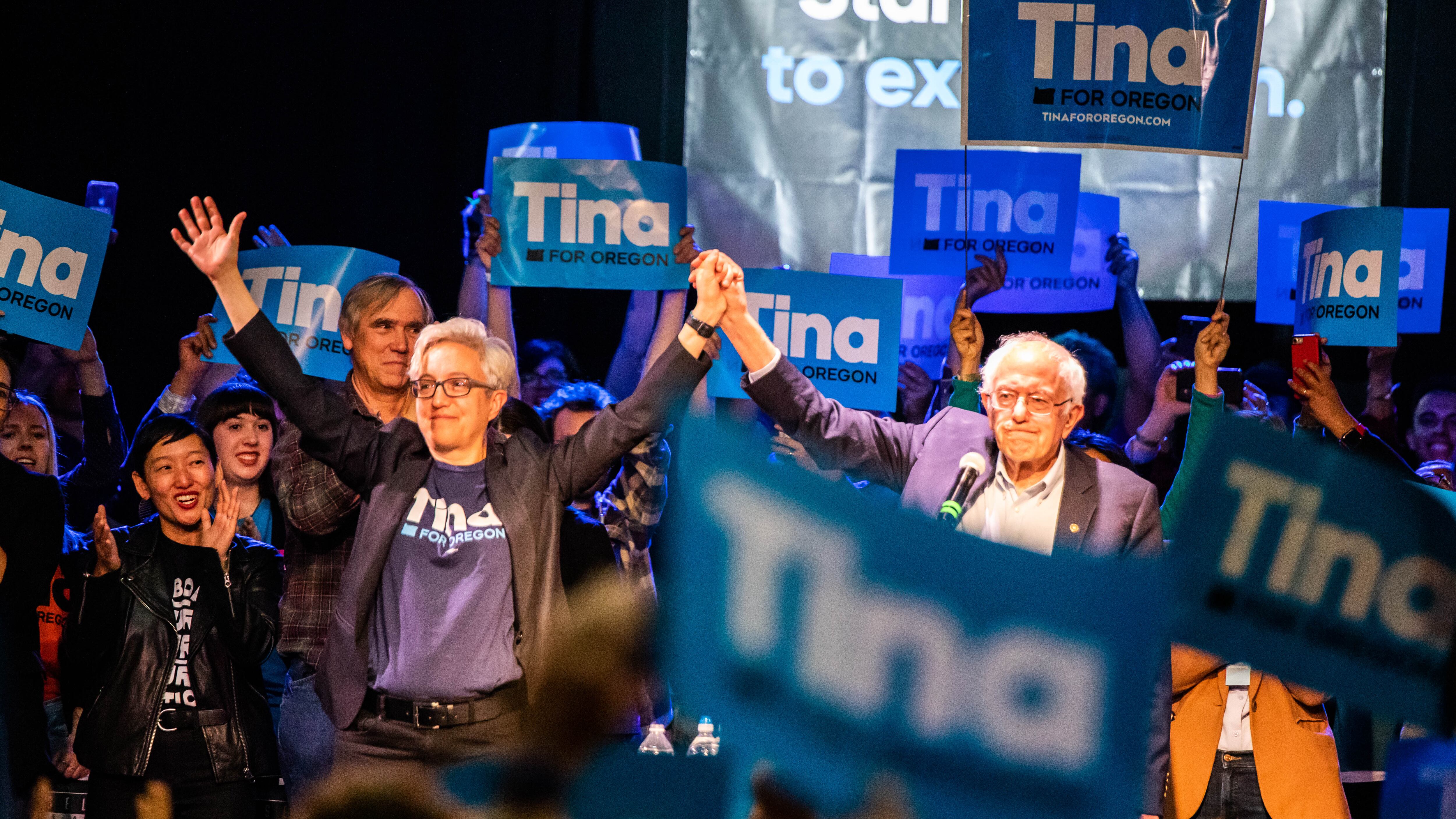Oregon House and Senate Democrats are doing something this year they haven’t had to do for most of the past decade: call for significant support from Washington, D.C.
Today, FuturePac, the House Democrats’ campaign arm, disclosed a $400,000 contribution from the Democratic Legislative Campaign Committee Victory Fund, and the Senate Democrats reported getting $100,000 from the Democratic Legislative Campaign Committee. (Although the two committees have similar names and the same street address, they are distinct. Both have given periodically to races in Oregon elections.)
The DLCC Victory Fund has now given $775,000 to Oregon legislative Democrats this year, while the similarly named but different Democratic Legislative Campaign Committee has kicked in a total of $225,000 to legislative Democrats.
The flood of political spending that is normal in the last few weeks before a general election has taken on a different aspect this year as Democratic candidates at the top of the ticket—particularly nominee for governor Tina Kotek, 5th Congressional District nominee Jamie McLeod-Skinner, and 6th District nominee Andrea Salinas—face potent Republican opposition.
The concern for legislative Democrats is that top-of-the-ticket strength for Republicans will cascade down voters’ ballots to state House and Senate races.
At the state legislative level, there is also a big change this year: the more than $4 million raised by the Bring Balance to Salem political action committee. That PAC, which has ties to retired U.S. Rep. Greg Walden (R-Ore.), the elder statesman and perhaps most respected figure in the Oregon GOP, has breathed new life into what in recent cycles was often a moribund Republican legislative fundraising effort.
Democrats in Oregon struggle to compete for the kind of corporate and wealthy contributors Bring Balance to Salem has attracted: Nike co-founder Phil Knight has given $2 million, and four timber companies have given $250,000 each.
In addition to the money candidates raise individually, the caucuses for each party also raise money for candidates. This year, Democratic caucuses have collectively raised about $6.1 million to the $4.75 million Republican caucuses have raised, but when you add in Bring Balance to Salem’s $4 million, GOP candidates have a rare fundraising advantage.
Republicans hope to use that financial muscle to, at a minimum, end the three-fifths supermajorities Democrats currently hold in both legislative chambers.
